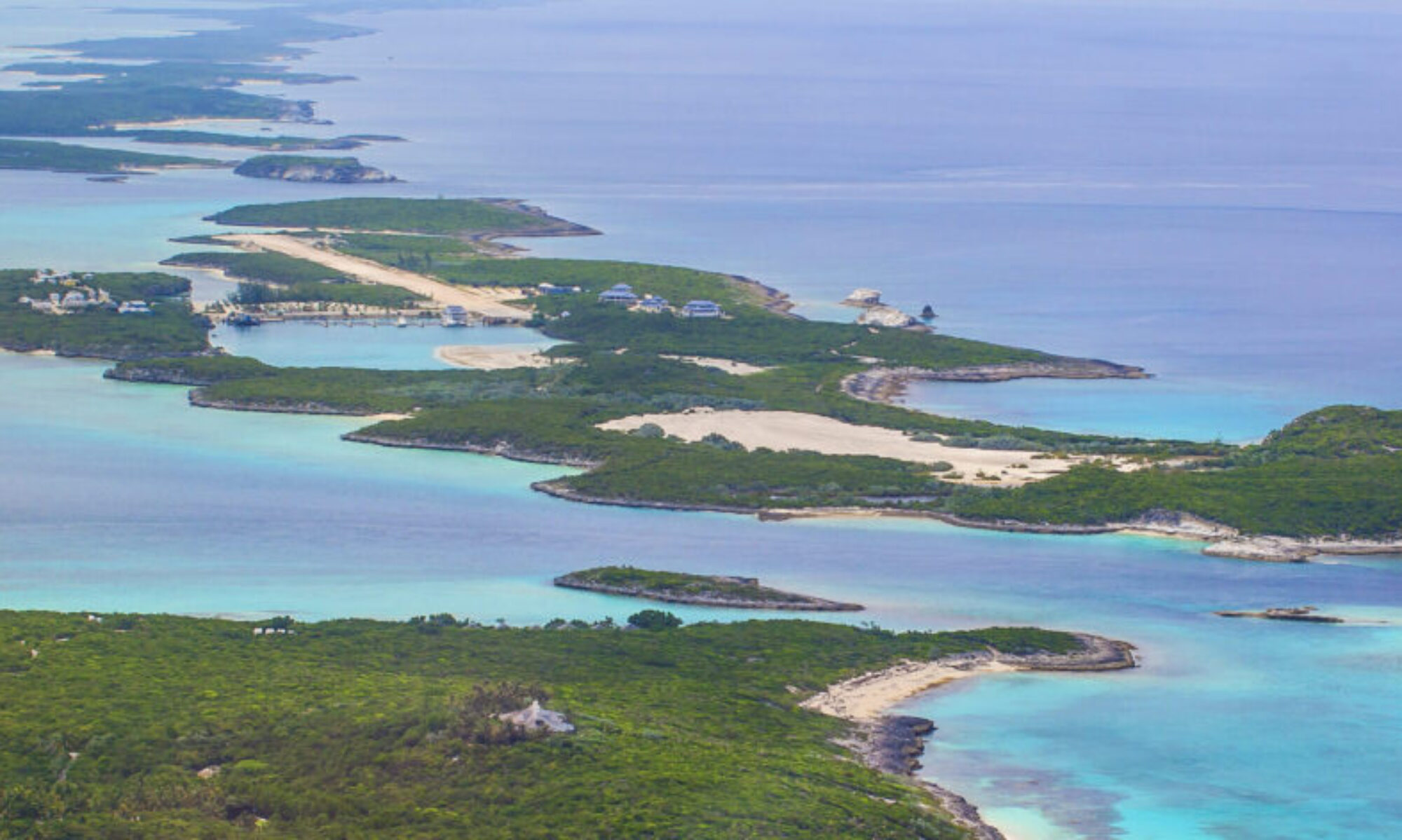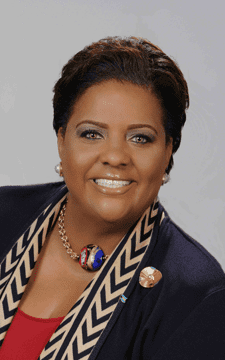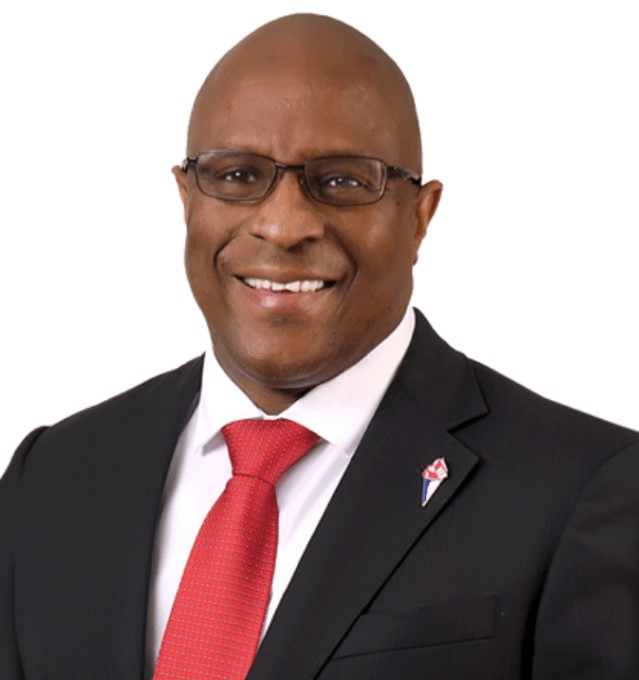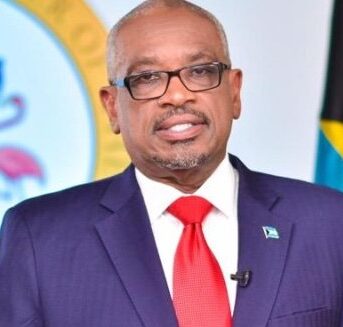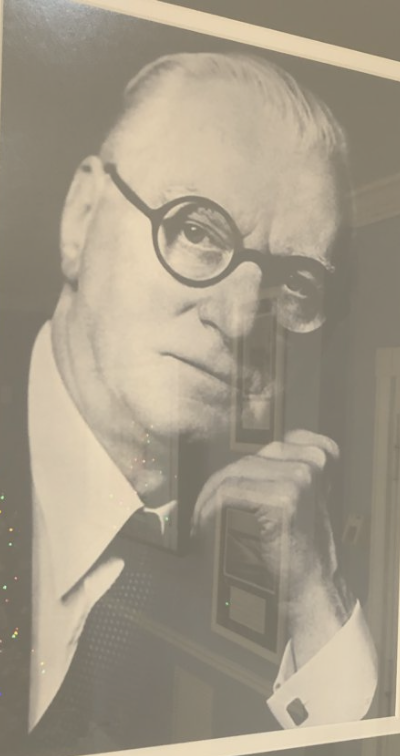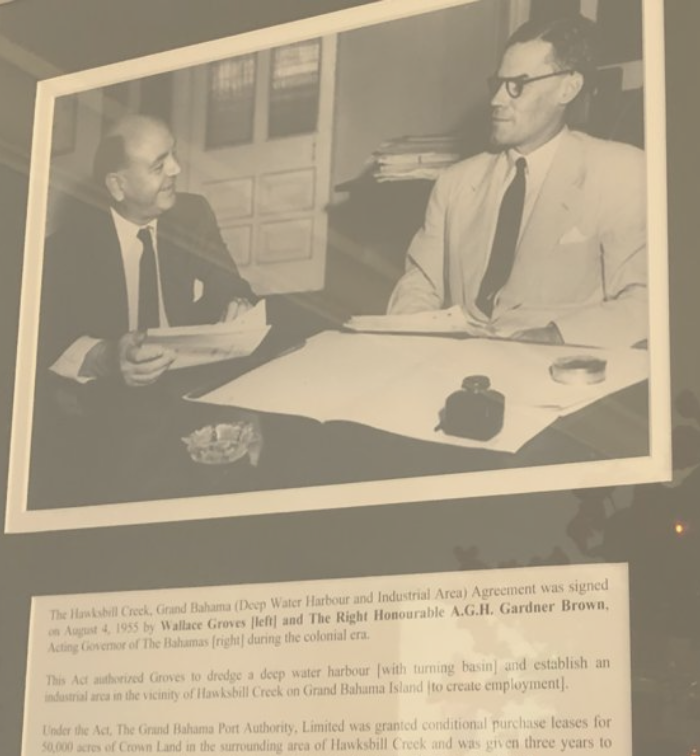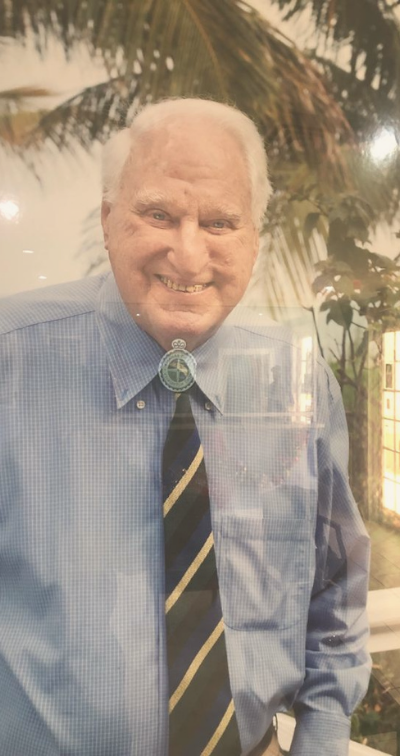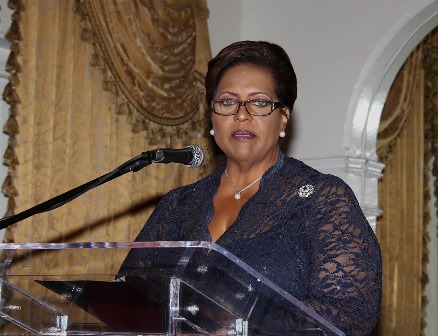
By Fred Sturrup | GB News Editor | [email protected]
Loretta Butler-Turner, after she moved from Grand Bahama back to New Providence quickly became a strong force within the Free National Movement party. She was a favorite of three-time Prime Minister Hubert Ingraham. When he put his slate together on the way to upsetting the Progressive Liberal Party and Prime Minister Perry Christie in 2007 during the general elections, Ingraham had Butler-Turner on the Montagu Constituency ticket. She won, and the achievement catapulted her almost immediately into Ingraham’s preferred group. He appointed her Minister of State for Social Development and other than making inroads in her portfolio and growing as a women’s rights advocate, Butler-Turner was admired nationally for her eloquent presence in the House of Assembly. By the time the third Ingraham Government was defeated in 2012, she had become one of the leading politicians not only in our land but in the region as well. During her first tenure in the House of Assembly, she also served as Vice President of the Inter-American Commission of Women. Indeed, Butler-Turner had made her mark outside of The Bahamas.
There would be much more to this lady who hailed from the Pond Community in New Providence. She was, indeed, headed for more personal accomplishments of the historic kind.
After heading to convention, Ingraham took responsibility for the resounding defeat of his party (9-29) and resigned on election night 2012. A convention was soon held. Butler-Turner became the first female to win the deputy leader post in a major party. She defeated Desmond Bannister and despite Dr. Hubert Minnis becoming the FNM Leader, virtually by default, it was Butler-Turner as the representative for Long Island who flashed elegance, eloquence and political acumen in the House of Assembly and during press conferences much more often than any other in the Official Opposition. She overshadowed Dr. Minnis based on the reality of the circumstances. She was just several grades above her leader, politically and generally, and it showed. She was looking more and more like Prime Minister material, a lot more so than Dr. Minnis.
He couldn’t like that and perhaps he felt all along that her superiority over him would be obvious. Butler-Turner would later say that when the two became public adversaries Dr. Minnis told her she was not his choice for the deputy leader position in the FNM. The die was cast. Dr. Minnis began to show himself for what he actually was – a person many (inside and out of his party) would not be comfortable with. The situation led to a one-day convention in 2014 and Dr. Minnis who had galvanized a lot of support because of his pledges to help the small man, easily beat his opponent.
The friction between Dr. Minnis and Butler-Turner increased though. She declared her opposition to him as the FNM leader. Eventually with the support of Neko Grant of Central Grand Bahama; Hubert Chipman of St. Anne’s; Theo Neilly of North Eleuthera; Edison Key of South Abaco; Richard Lightbourne of Montagu; and Dr. Andre Rollins of Fort Charlotte; Butler-Turner was able to upend Dr. Minnis and replace him as leader of the Official Opposition. It was history again. She became the first female to head the Official Opposition in Bahamian politics. Dr. Minnis was left with K. Peter Turnquest, the East Grand Bahama Member of Parliament in his corner. For sure, Butler-Turner displayed the attitude, in every way, of a Prime Minister to be. But alas, Dr. Minnis was getting a groundswell of support from those who would come to regret their decision. So, at convention time in 2016 Butler-Turner pulled out of the race and the FNM Party belonged to Dr. Minnis. She had reached her political pinnacle as leader of Her Majesty’s Loyal Official Opposition. It would end up being a bitter-sweet achievement because that development spelt the end for her in the FNM.
She ran in Long Island as an independent candidate in 2017 and lost. These days, she and a lot more who closely observe the political arena are only left to wonder. What would have happened if Butler-Turner, after she lost to Dr. Minnis for the leadership during that one-day convention in 2014, had just bided her time?
Would it have been better for her to simply lick her wounds politically, but remain firm within the FNM? Could she have just waited for Dr. Minnis to become the pariah Bahamians detested?
Yes, if only! History is what it is, but the view strongly held here is that one Loretta Butler-Turner was most definitely on the pathway to become The Bahamas’ first female Prime Minister.
(End of two-part series)
